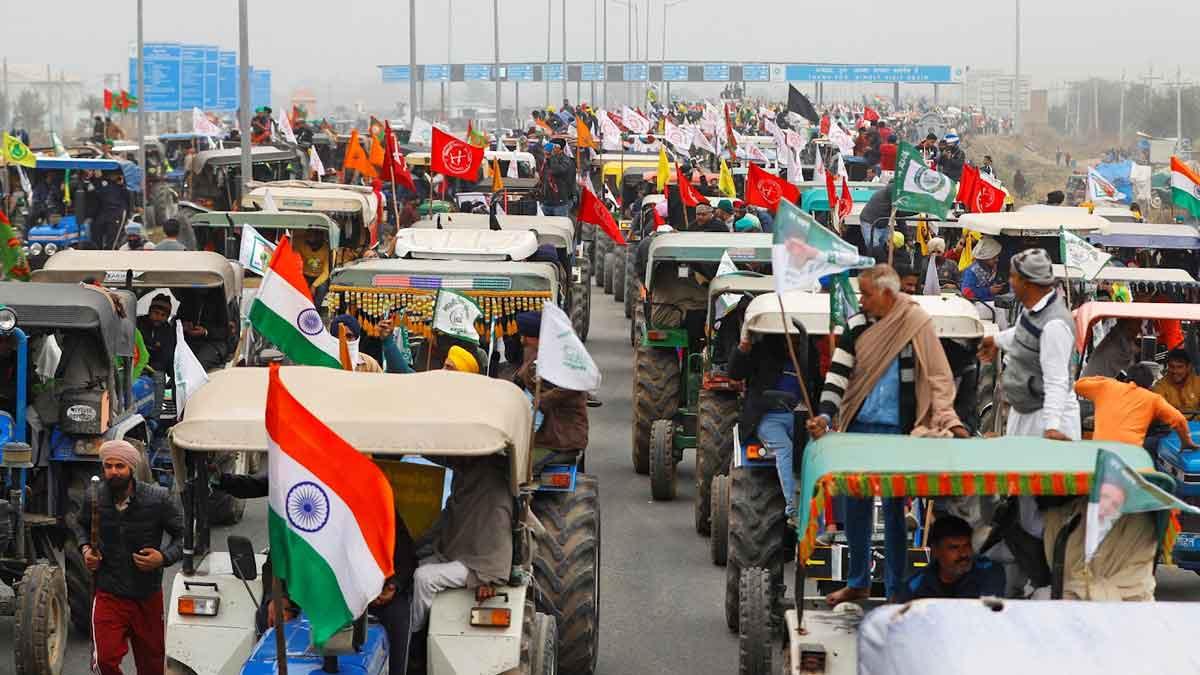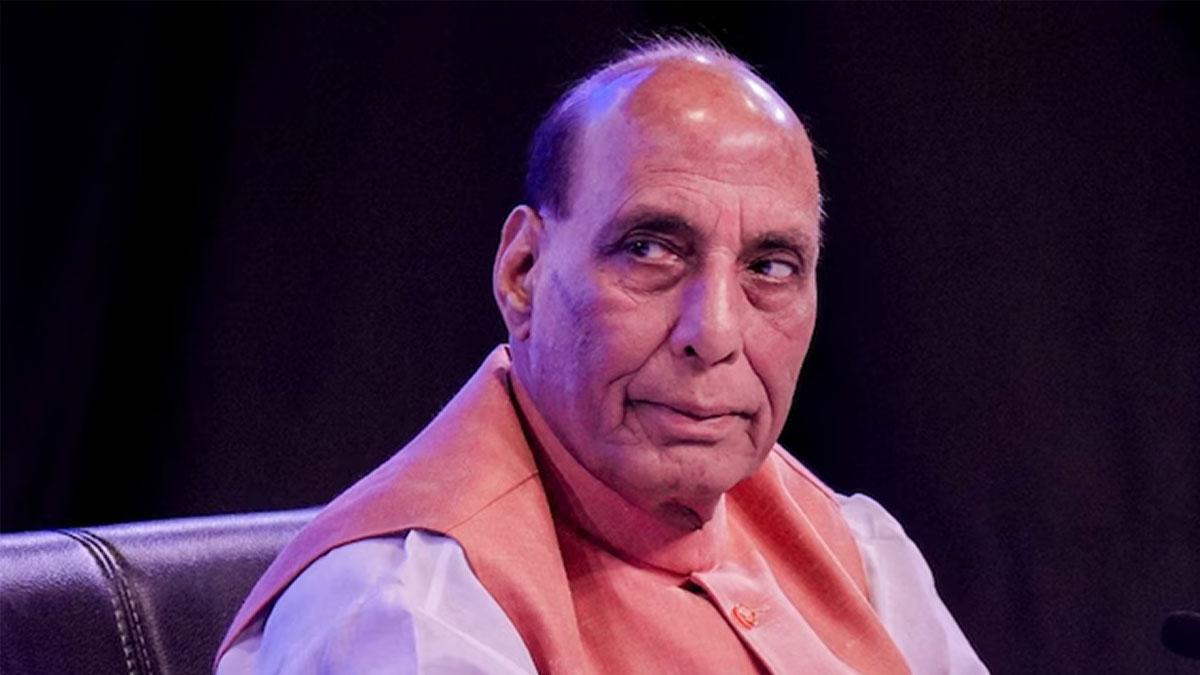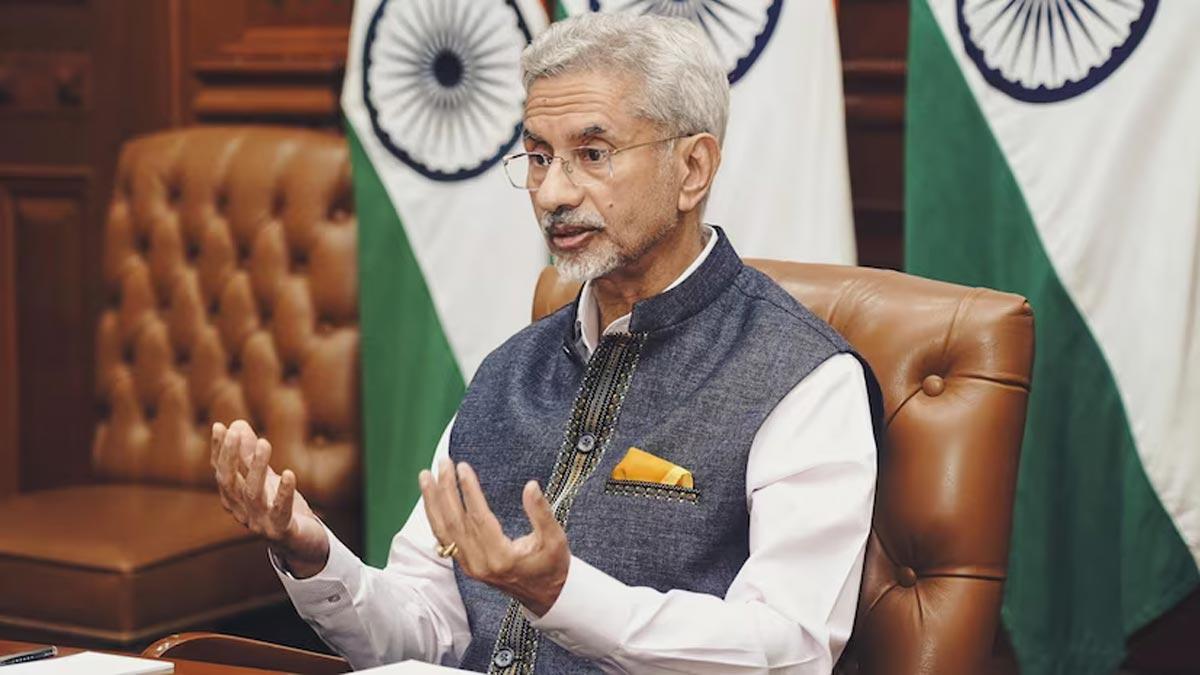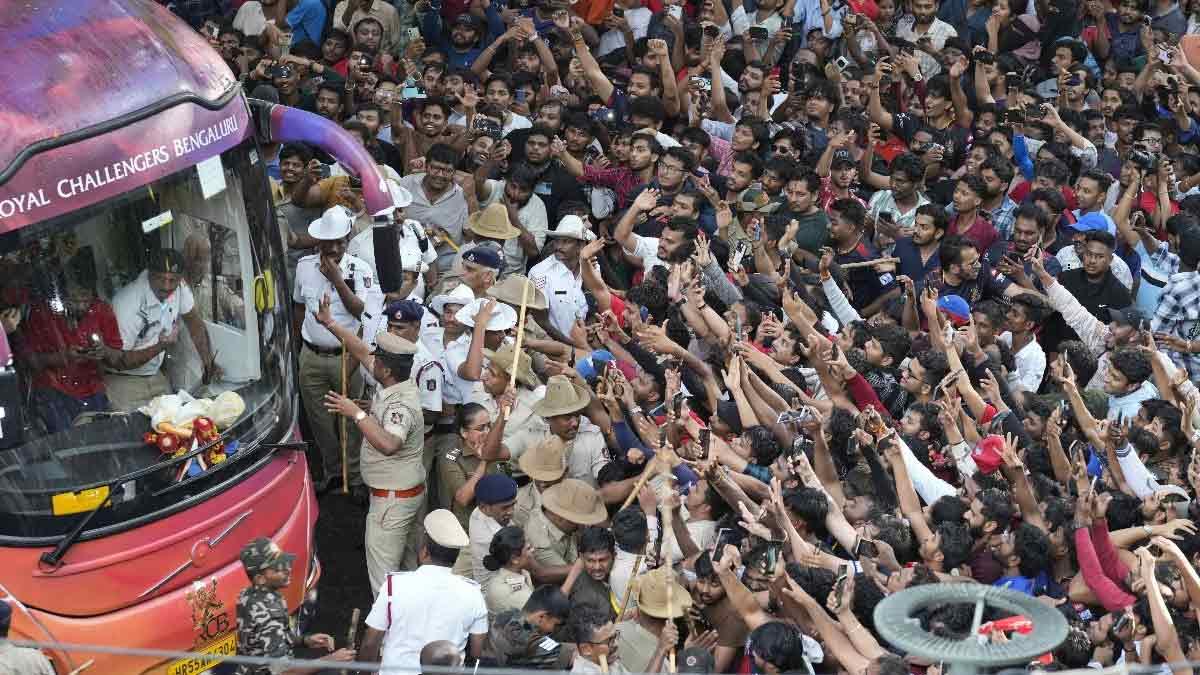As multitudes of farmers stationed at the Punjab-Haryana border prepare to recommence their protest journey towards Delhi, the Punjab and Haryana High Court issued verbal directives on Tuesday, urging the Punjab government to prevent their gathering in substantial numbers.
Highlighting a legal aspect, the court emphasized that tractor-trolleys are not permissible on highways according to the Motor Vehicles Act, suggesting instead that farmers utilize buses or public transportation for their journey to Delhi.
Since their 'Delhi Chalo' march encountered impediments due to fortified barricades and heavy security presence, the protesting farmers have entrenched themselves at the Shambhu and Khanauri points along the Punjab-Haryana border, persisting in their demands for the government to ensure a legal assurance of minimum support prices for crops.
Acting Chief Justice GS Sandhawalia and Justice Lapita Banerji of the bench iterated the necessity for the Punjab government to oversee that farmers refrain from assembling in large groups.
Further elaborating on the legal standpoint, Haryana's Additional Advocate General Deepak Sabharwal elucidated that the court emphasized the prohibition of tractor and trolley usage on highways, directing farmers to opt for buses or public transit.
Sabharwal also stated that Punjab was instructed not to permit the congregation of farmers in large numbers, instead encouraging dispersal to prevent clustering.
Additionally, the bench requested the central government to furnish a comprehensive status report, through an affidavit, detailing the outcomes of dialogues between farmer representatives and a panel of Union ministers.
The high court proceedings centered around two petitions—one seeking directives to halt all obstructive actions by the governments of Haryana, Punjab, and the Centre against the farmers' protest, and the other urging measures to ensure unimpeded traffic flow on highways and action against those obstructing roadways.
The hearing has been adjourned until the following week.
During the previous hearing on February 15, Haryana expressed concerns, asserting that farmers' unions were determined to disrupt vital transportation routes, causing apprehension among the state's populace.
Following the fourth round of discussions with three Union ministers on Sunday, farmer leaders rebuffed the Centre's proposal for the procurement of pulses, maize, and cotton crops at minimum support prices by government agencies over five years, deeming it unfavorable to farmers' interests.
The Samyukta Kisan Morcha (Non-Political) and the Kisan Mazdoor Morcha are at the forefront of the 'Delhi Chalo' march, which commenced on February 13.
In addition to seeking a legal assurance on minimum support prices, farmers advocate for the implementation of the Swaminathan Commission's recommendations, pension schemes for farmers and laborers, debt relief, stable electricity tariffs, withdrawal of legal charges, justice for victims of the 2021 Lakhimpur Kheri violence, restoration of the Land Acquisition Act, 2013, and compensation for families of farmers who perished during previous agitations in 2020-21.
Read also | Sandeshkhali Dispute: Supreme Court Halts Lok Sabha Panel's Actions Against West Bengal Officials
Read also | "Farmers' 'Delhi Chalo' Protest March Paused Until February 21, Says Leader Pandher"


















